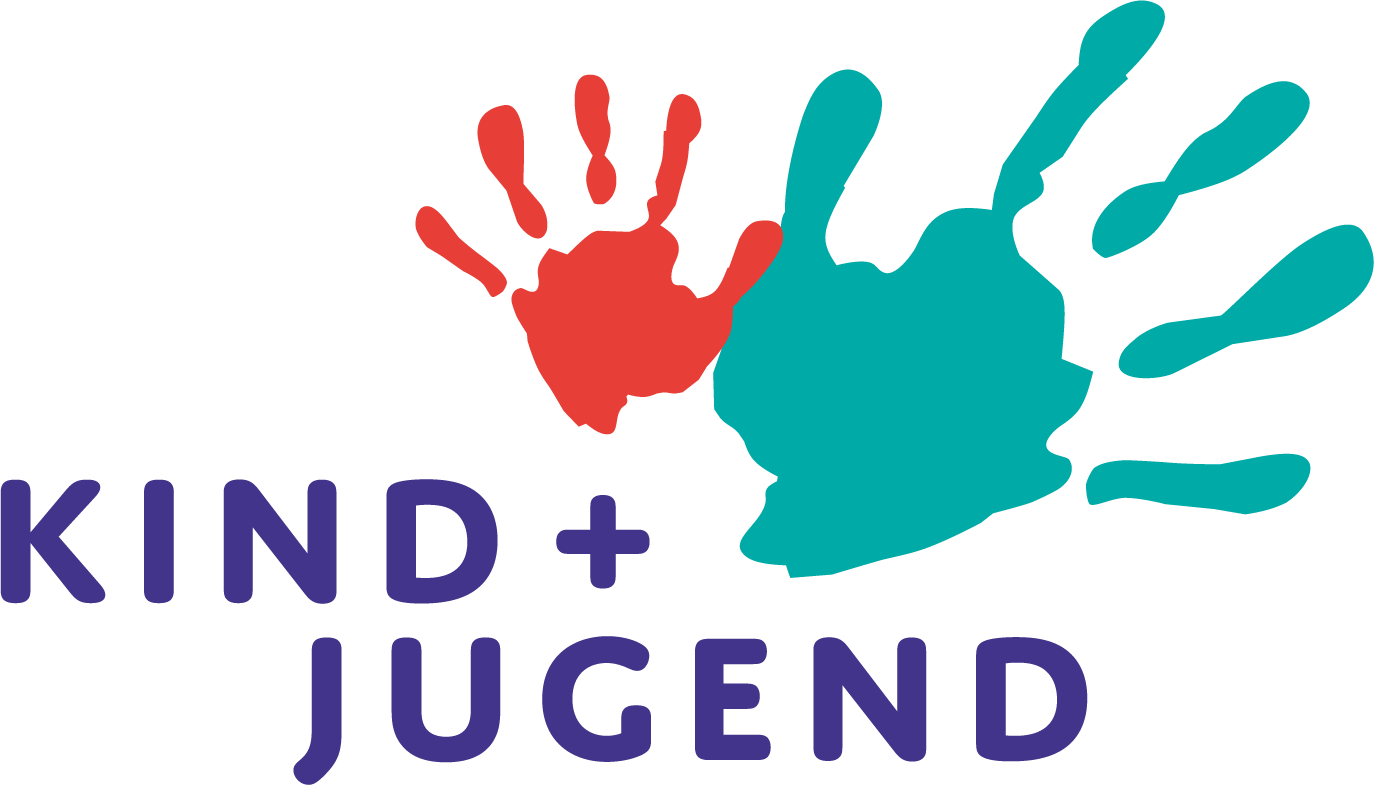Kind + Jugend is asking ... an interview with Gintare Cerniauskaite, winner of the Kids Design Award 2018
29 Aug 2019

Gintare Cerniauskaite, winner of the Kids Design Award 2018 - © Koelnmesse
The Kids Design Award 2018 has once again set a new record: 140 young designers from 31 countries worldwide applied with their ideas for the prestigious prize. The young Lithuanian designer Gintare Cerniauskaite from the Vilnius Academy of Arts was chosen the shining winner with her product "Upe" - an educational wooden construction game that encourages experimentation and helps children to learn to read, write and count. In an interview with Kind + Jugend, she tells what has happened since winning the award.
What meant winning the Kids Design Award to you?
It was great! I didn’t expect much, as my prototype was already a few years old and and until then there was little interest in it. But this award opened very important doors for me: I was invited to a workshop with one of the toy manufacturers. As a result, I slightly adapted the product for the market and licensed the manufacturing rights of the game.

The winning product "Upe" - © Koelnmesse
What feedback did you get to your presentation at the fair?
The visitors at the fair were very interested and I mostly received compliments. There were also some suggestions on how the game could be adapted for younger children, and some adults wanted the product in different colors. But the best judges were the children – they simply played with the game (sometimes for hours!) – this was the best advertisement.
Did Kind + Jugend effectuated new and interesting contacts for you? How will it go on for your winning product "Upe“?
During the fair I got some designer job proposals from toy manufacturers. There was also a lot of interest and contacts from potential sales partners. So if I started my own production, I already would have direct sales opportunities in several countries in Europe and even in Japan. However, since I found an interested manufacturer for my product, I preferred to license the product instead of producing it by myself. My game went into production at the end of May.
